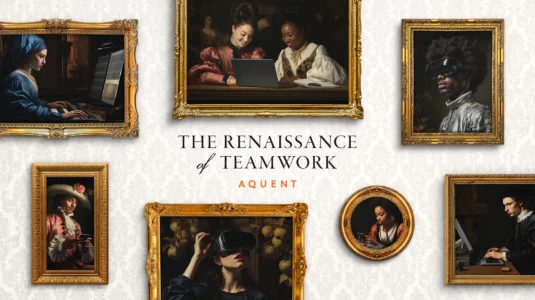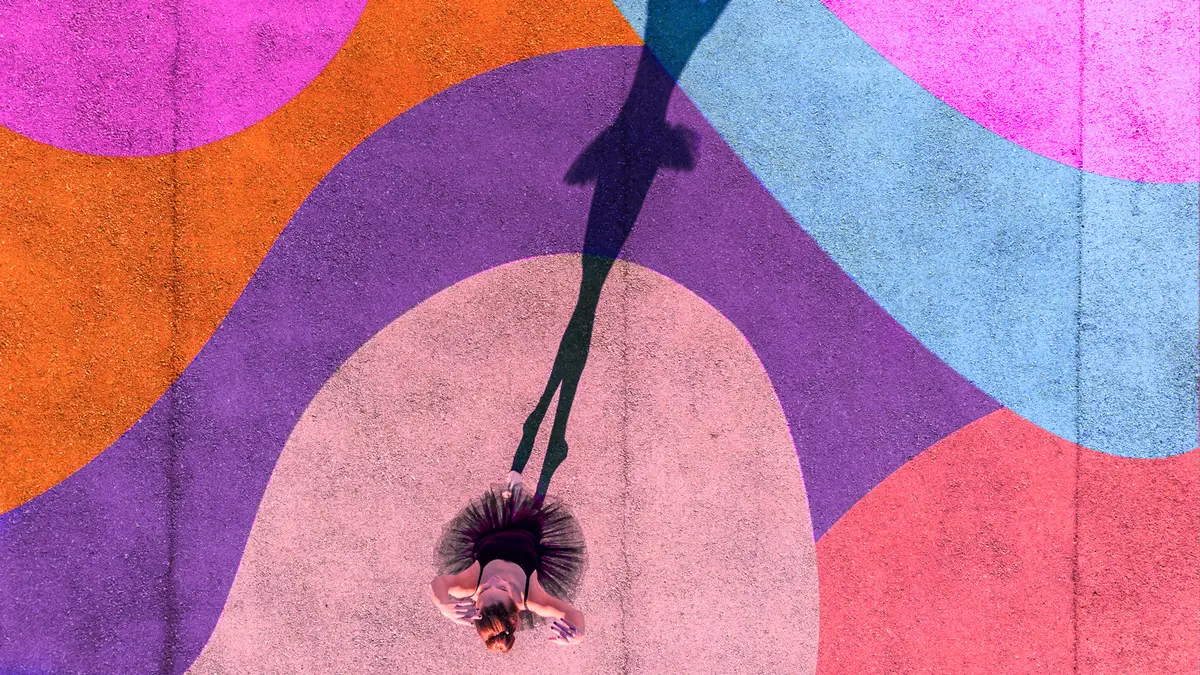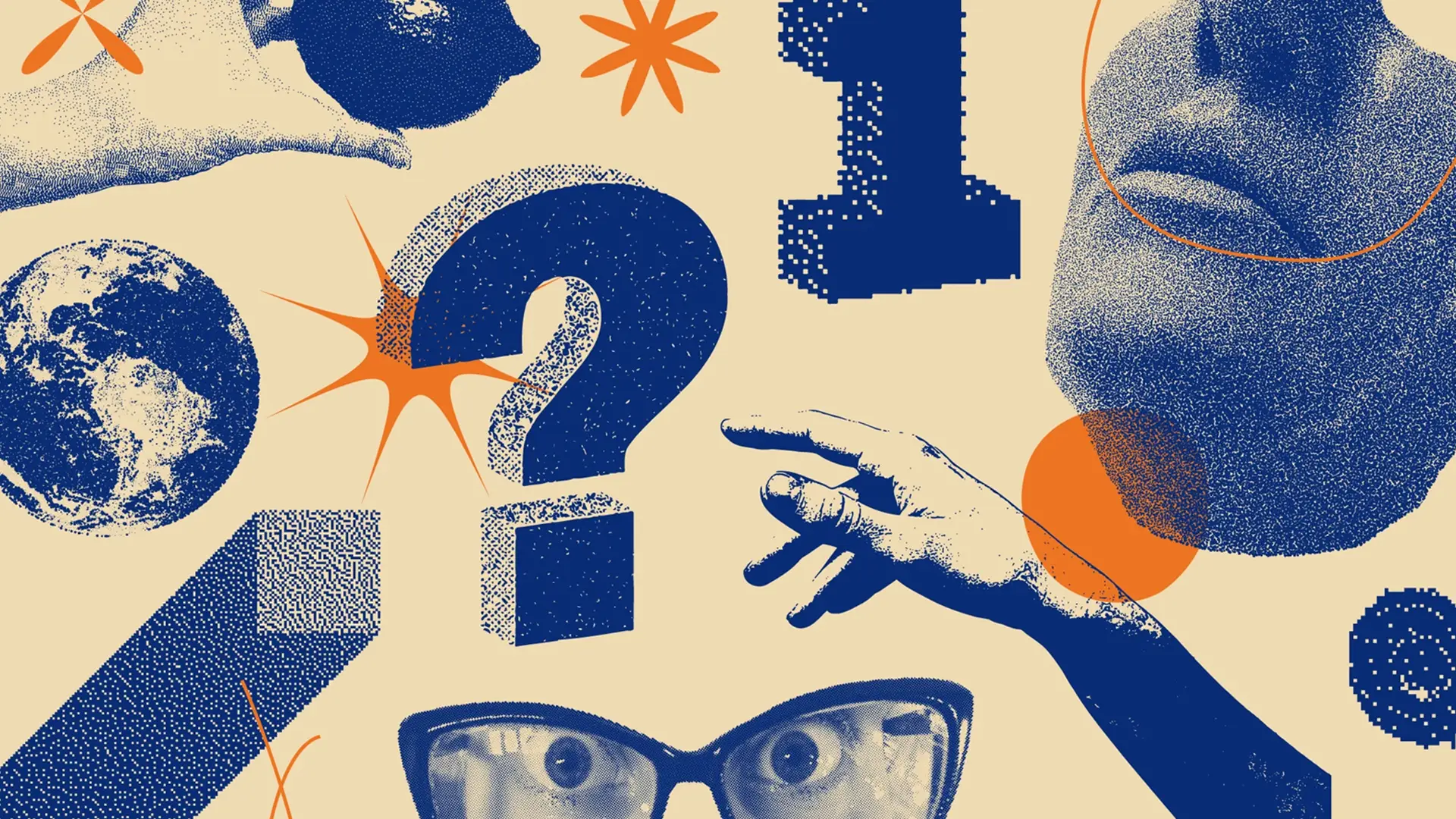
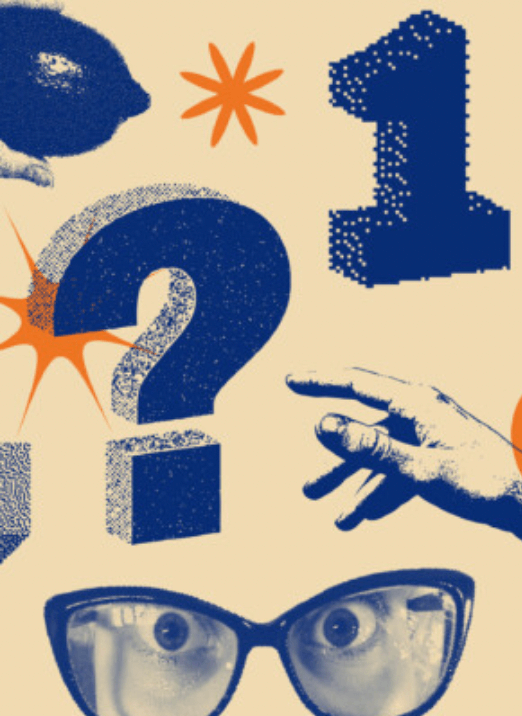
Ok, so you need a designer. But not just any designer. Someone who will mesh with your team, even your company. Finding the right designer can be overwhelming, especially if you're not a creative yourself. Here are ten design interview questions to help you discover if a designer has the conceptual and collaborative skills, attitude, and—of course—the design mojo, to be a part of your creative team.
1. “Where do you find inspiration?”
This design interview question is a great starting point. See who or what influences your designer and whether they keep up with current trends:
- Are they influenced by the art scene, skateboarder world, architecture, furniture, interior decorating, straight-up visual design?
- What apps do they admire?
- Which sites make them jealous they didn't create it?
- Is there a design process they find particularly interesting?
Each type of designer will likely draw inspiration from very different places.
Interviewing a graphic designer? Find out about their favorite branding, typography, layout, and the overall principles of design composition.
Interviewing for an UX/UI designer? Uncover your candidate's favorite design thinking around prototyping, wire-framing, user flows, mockups.
Even though you may not recognize every name, brand, or product in a candidate's answer, that's okay. You're looking for a team member with a passion and an open mind. Great designers are constantly inspired by and learning from the work of others.
2. “How did you design your portfolio?”
In order to dig deep into the pool of applicants, investigate each candidate's professional portfolio.
First, when evaluating design projects in the hiring process, double-check that the candidates actually designed the work samples themselves. Did they use Squarespace or Dribble? Or did they code it themselves?
Quality candidates will have invested time and effort into their best work, and in effect will have a strong opinion on why it matters.
Then explore why it's arranged like it is. If they say, “The newest stuff is up front” or “It's just all my work laid out,” that's a bad sign.
You're looking to learn how they think and organize their work. Are there any interesting stories that tie one concept to another concept? What was the thought process like in choosing each sample work?
If you want a great designer who's skilled in UX/UI, it's particularly important they are aware of any attention to detail given to usability and functionality of their portfolio.
Also, look for variety in the work. You need a flexible designer who can deliver quality work with a broad range of abilities, so they can adapt quickly and create work that appeals to you and your clients/customers.
3. “Tell me about the projects you're most proud of and why. What was your role?”
Experienced designers will want to share design successes that they feel made an impact. Asking this question gives your interviewee some space to open up about these projects. This design interview question is a great opportunity to understand how involved your candidate is throughout the design process.
Before the interview, take a peek at the designer's portfolio to get an idea of your favorite projects. In the interview, get details on the design project itself and the specific role they played in it.
Usually, designers don't list their actual duties, just the end deliverable. Have them walk you through to see if they were involved in strategy, conception, and execution, etc. Well-rounded team members will be involved in every stage of the process whereas contributors will be great at one part of the process.
Of course, just because something isn't in their design portfolio doesn't mean they can't create it. But understanding what they regularly tackle helps you see if they'd be a fit.
4. “What software do you use?”
Non technical skills, or “soft skills”, are very important for your candidates to have, but it is also just as important to understand what set of technical skills and software skills your candidates currently possess.
- Can they go beyond Adobe Creative Suite products like Adobe Illustrator, Photoshop and InDesign toward new design programs like Sketch and UXPin?
- Do they have extra creative skills like animation, video, or illustration, which could come in handy for other projects?
- Are there computer languages or design programs they would like to learn?
- Do they have print skills for layout and production work?
- Can they back up their design with coding skills?
If you're not familiar with the creative design world, get someone on your team who has a better understanding to jump into the design interview.
5. “How do you work cross-functionally with developers, copywriters, project managers, etc.?”
The best designers are team players.
They know how to concept, ask questions, incorporate feedback, and collaborate on projects. Ask for a specific example of how they worked under a tight deadline when they had to rely on other people or for how they interacted when the team had very different work styles.
6. “Are you typically involved in the strategy or ‘concept' phase of a project?”
Designers who have led projects, incorporated intake from stakeholders, and been part of the strategic planning phase are the ones you want to snag for your team. Their range of skills is extensive: from executing existing briefs to understanding the why behind the ask to developing concepts to presenting work.
Bonus? Someone who's worked face-to-face with clients—external or internal.
7. “What's your creative process?”
Here you want to understand how this person best works, and if that works for you and your team.
- Do they try to understand the problem before they start designing?
- What kinds of questions do they ask?
- Are they comfortable with ideation?
- Can they execute on someone else's idea?
- Do they like to brainstorm or concentrate on their own?
- Do they like when people offer advice?
- Are they more of a leader or a contributor?
- How do they collaborate remotely, which is rapidly becoming the new norm?
- Can they handle curveballs?
Their answers will give you something to marinate on.
8. “How do you deal with feedback?”
Great designers actually want feedback on their work because they know it can make the final project even better.
Ask for specific ways your designer has used feedback to improve, what they consider valuable criticism, how they prefer to receive it, and how they handle themselves when the feedback from you or a client differs from their own opinion.
Top designers can support and defend their work in respectful ways, sharing insights on their choices and providing options for change. You want someone who believes in their work, but won't be difficult or inflexible.
9. “How do you hand off a project?”
Final handoff can determine the success (and future accessibility) of any design project, so you want a designer who makes the final handoff as smooth as possible.
- Do they recommend specific file types for final review with the client?
- Do they provide source files?
- Have they bundled or organized the files for future use?
- Have they created a naming structure for ease of use?
You don't want someone who's just rushing to the project finish line without consideration of the project results or future needs.
10. “What's your dream job?”
A big, broad open-ended design interview question can be a glimpse into a designer's personality.
You might get someone who takes it very seriously and sticks to a realistic role within their current space in the company, like the creative director or graphic designer at Wieden & Kennedy.
Another that showcases their humor—maybe they want to be a food critic!—or a novelist. This can be great for determining culture fit, or better yet culture add, and deciding if you want to sit next to someone for 8+ hours a day.
This type of design interview question also helps you uncover what drives your graphic designer or UI/UX designer candidate.
- Is it something about this particular job that is drove them to apply?
- Is there a passion project they find particularly interesting that aligns with the work your team is doing?
This will help inform you if they will be a good fit as a new team member on your design team.
Design interview questions recap.
Use these design interview questions as a guideline, but pay special attention to how the interviewee uses their communication skills and interpersonal skills to answer. That way you will be able to tell whether or not they would be a good fit.
If you need a hand before you even get to the interview process, give us a shout. We're happy to pre-screen design candidates, so it goes even smoother.
Additional Resources
Did you find the tips and strategies in this article helpful? Learn more expert tips from our expert team of recruiters by visiting these resources:
- Want to learn the best way to interview a designer? This article goes into depth.
- Looking for useful creative interview questions?
- Peek at this article to find helpful leadership interview questions.
- Learn a few ways to improve your interview process.
Related
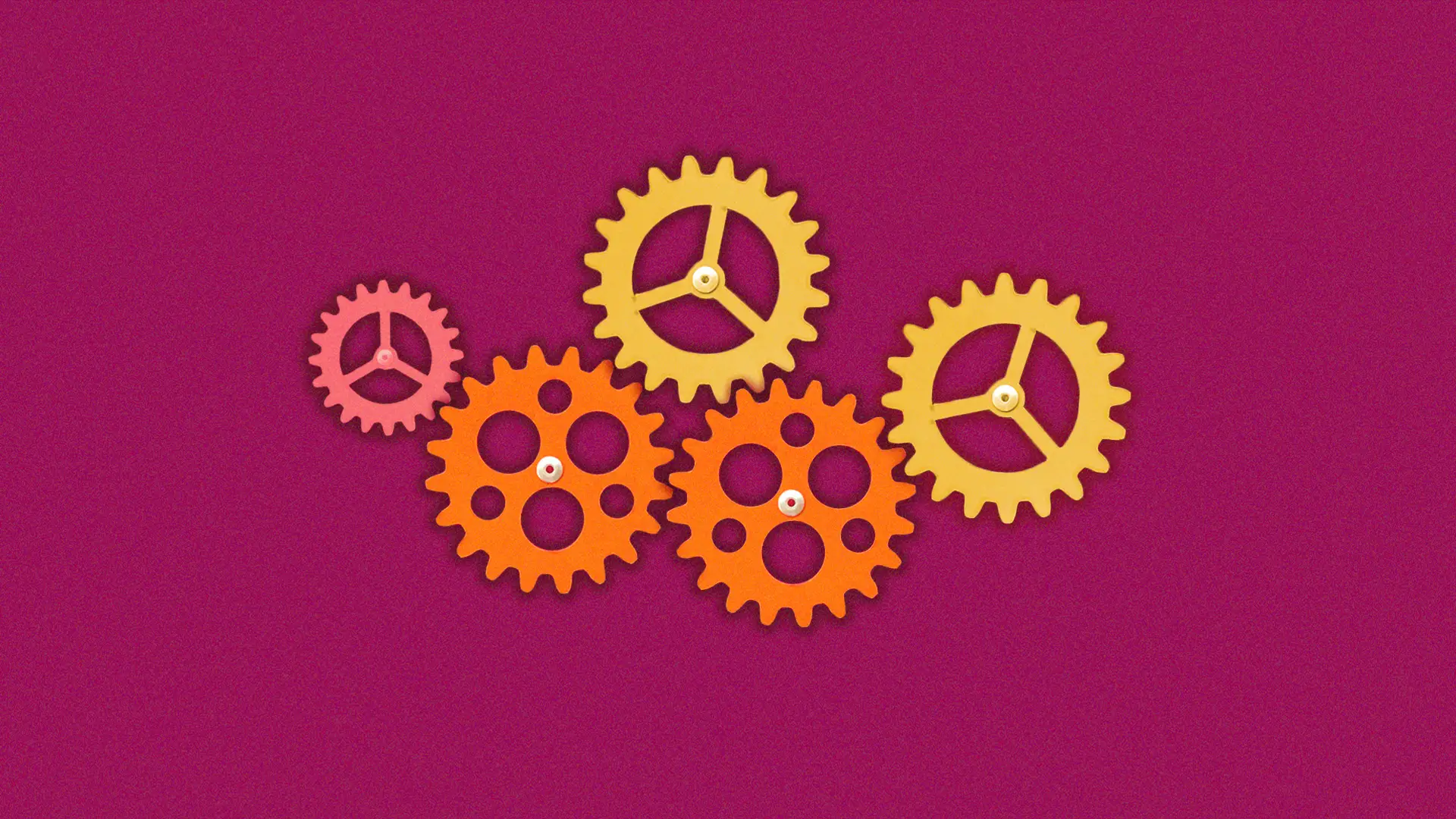
Great brand collaborations are the best to strengthen identity.
Design & Experience, Insights & Trends, Marketing & Creative, Beauty and Fashion
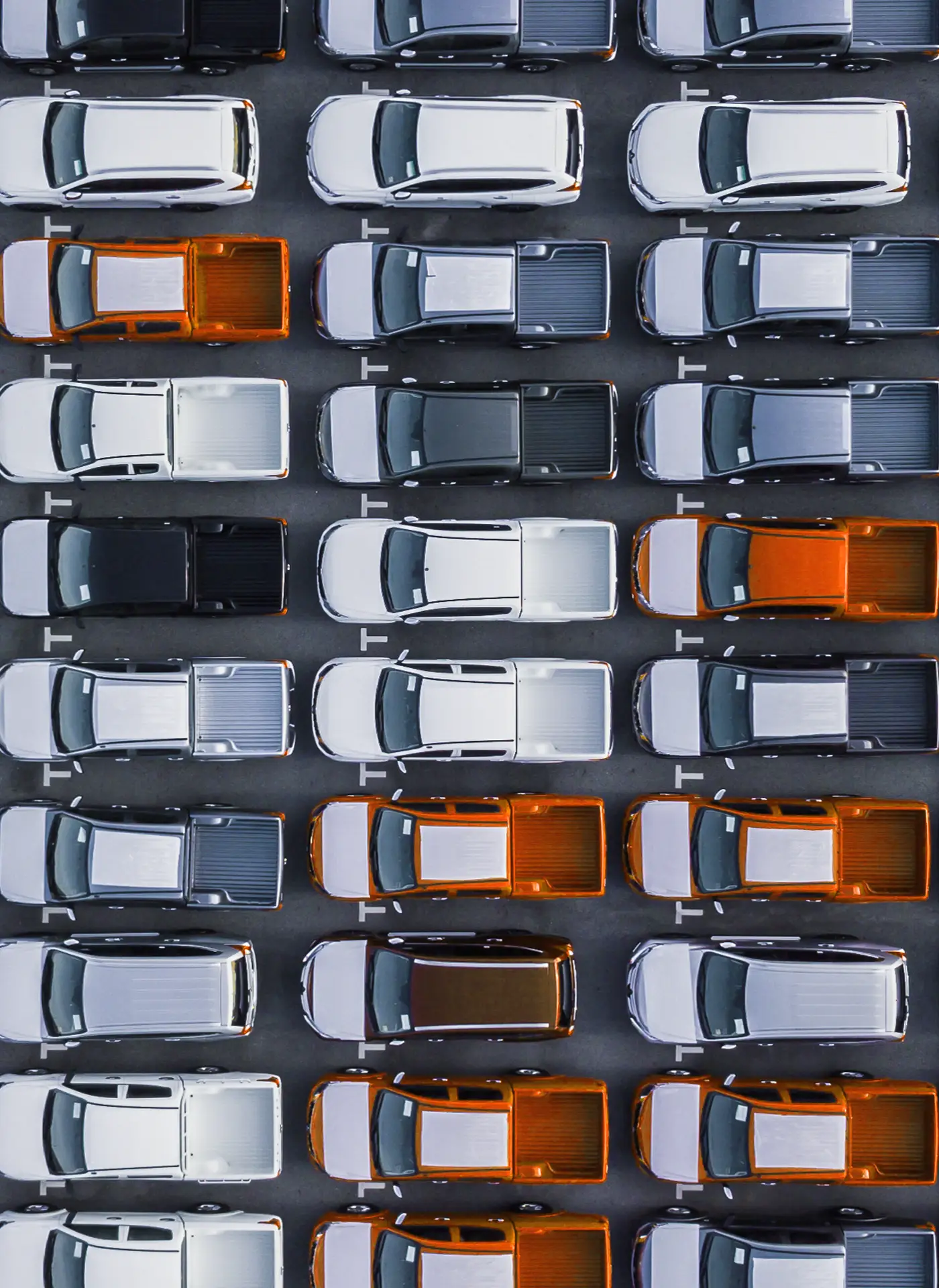
Consumer demand and policy are driving EV market growth.
Development & Technology, Insights & Trends, Automotive
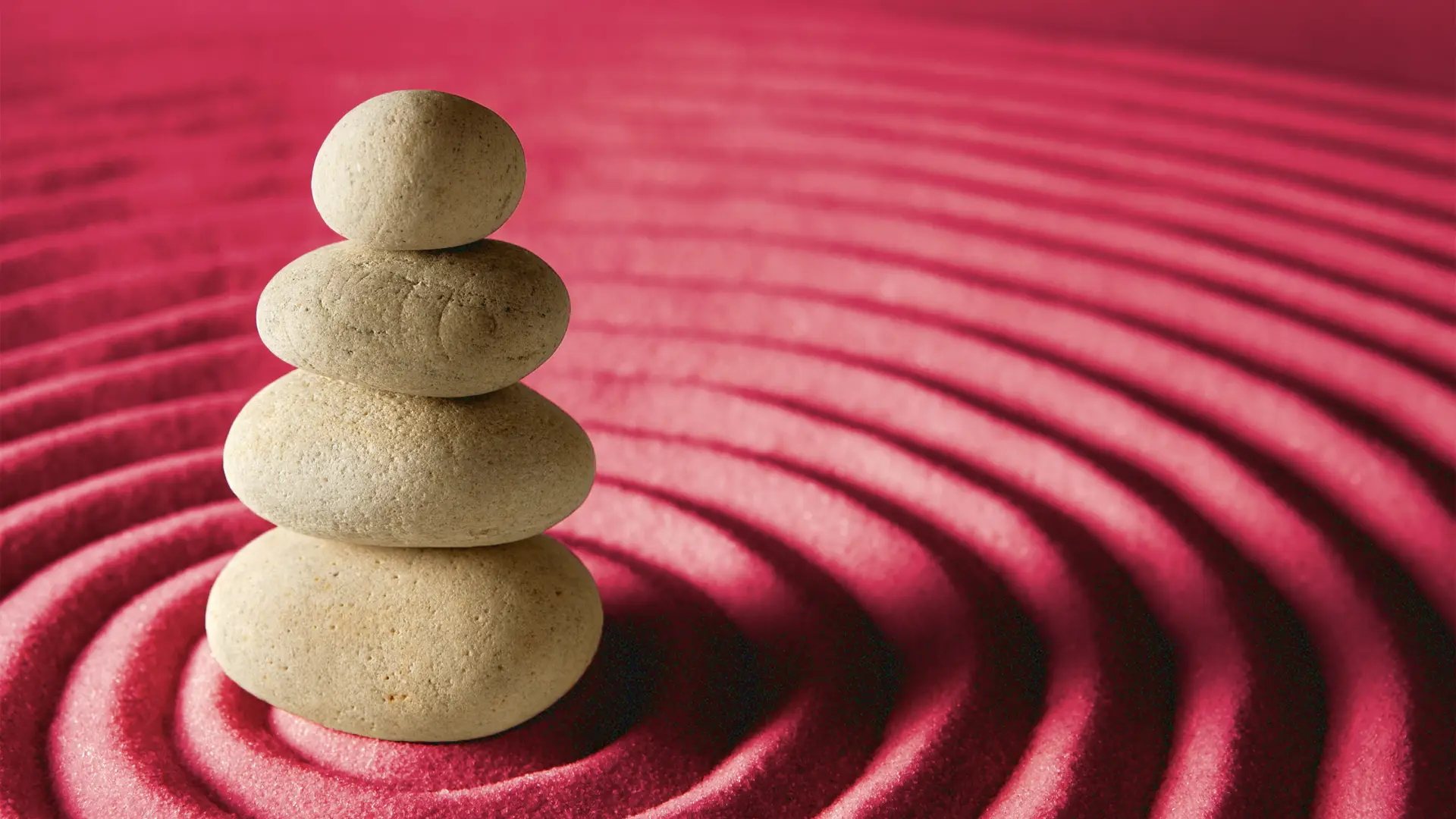
Are you missing opportunities to improve health screenings?
Design & Experience, Marketing & Creative, Health
